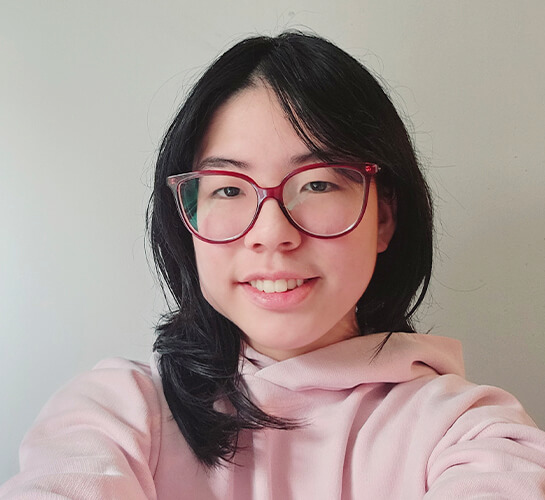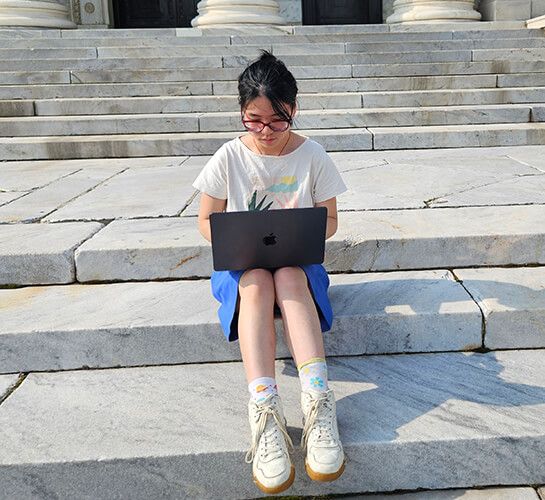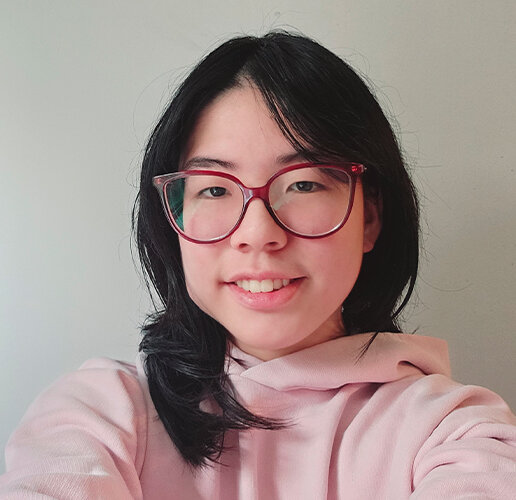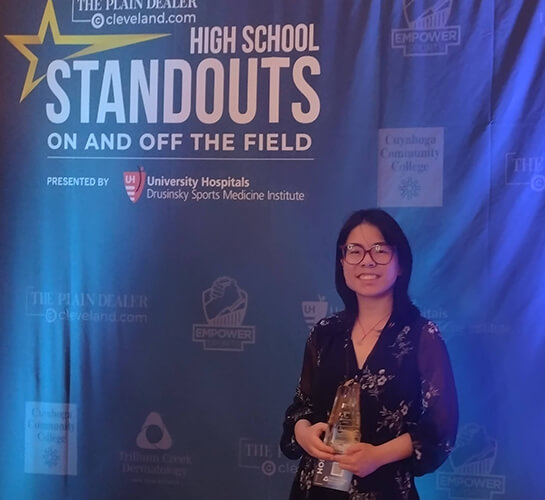Deeper Dive
When the COVID-19 pandemic started, public health policymakers and healthcare providers were faced with the challenge of making quick decisions and recommendations based on limited and evolving science. To gain a better understanding of how COVID-19 affects Americans, I analyzed a nationwide real-time database of electronic health records of over 100 million unique patients across all 50 states in the US, covering diverse geographic locations, age groups, racial and ethnic groups. The primary aim of my research was to generate timely real-world evidence to assist the public in making informed decisions during the rapidly-evolving pandemic.
My research focuses on six key questions concerning the pandemic: (1) Who is vulnerable? (2) Do vaccines differ in efficacy? (3) How does the Omicron variant differ from the previous variants, especially in children? (4) How effective are antiviral treatments in real-world populations? (5) What are the long-term effects of COVID-19 on the brain? (6) Can vaccination narrow the gap of the racial and ethnic disparities in COVID-19 risk observed during the early pandemic?
My discoveries include the following findings: (1) Fully vaccinated patients with blood cancers, substance use disorders, Alzheimer's disease, and other dementias were at increased risk for breakthrough infections; (2) The Moderna vaccine was more effective than Pfizer in preventing breakthrough infections, but vaccine immunity waned over time and breakthrough infections still occurred; (3) In children under 5, Omicron was 6–8 times more infectious than Delta but less severe; (4) COVID-19 rebound occurred after antiviral treatments, which is not unique to Paxlovid; (5) There is a two-fold elevation of risk in a new diagnosis of Alzheimer’s disease following COVID-19 infection; (6) vaccination mitigates factors leading to racial and ethnic disparities in COVID-19 risk.
Of course, I encountered many challenges throughout my research journey. However, that is the inherent nature of research. Failure is inevitable; 99% of my results never made it to publication, and each of my published papers underwent dozens of rejections, resubmissions, and revisions.
Despite the hurdles, the pandemic had a significant impact on my project (in a positive way!), as my focus was on examining COVID-19. This experience taught me invaluable lessons about the importance of service, passion, dedication, and persistence in the face of adversity. This journey has been rewarding as I had the opportunity to ask intriguing questions, make scientific discoveries utilizing my analytical skills, and present my findings at conferences.
I believe that the significance of these studies extends well beyond the data at-hand and will establish an improved framework for public health monitoring in the future. My research applies advanced statistical and informatics methods to analyze real-time electronic health records, and my findings helped the public and vulnerable populations make informed decisions during the rapidly-evolving pandemic.
Here is an example: When I released our preprint on January 2, 2022 titled “Comparison of outcomes from COVID infection in pediatric and adult patients before and after the emergence of Omicron”, we received an email from an individual who was diagnosed with type 2 diabetes after a kidney transplant and was concerned about their level of risk and whether or not it was safe to return to work. I ran additional analyses and sent back detailed data within one day, concluding that Omicron was significantly milder than Delta in patients similar to them. My research underscores the importance of a science-based, data-driven approach to protecting public health. Our results are featured in thousands of news articles and reached tens of millions of Twitter users. Future works are necessary by working with public policymakers to adopt our approach as a cost-effective, real-time way for monitoring public health for inevitable future pandemics.



